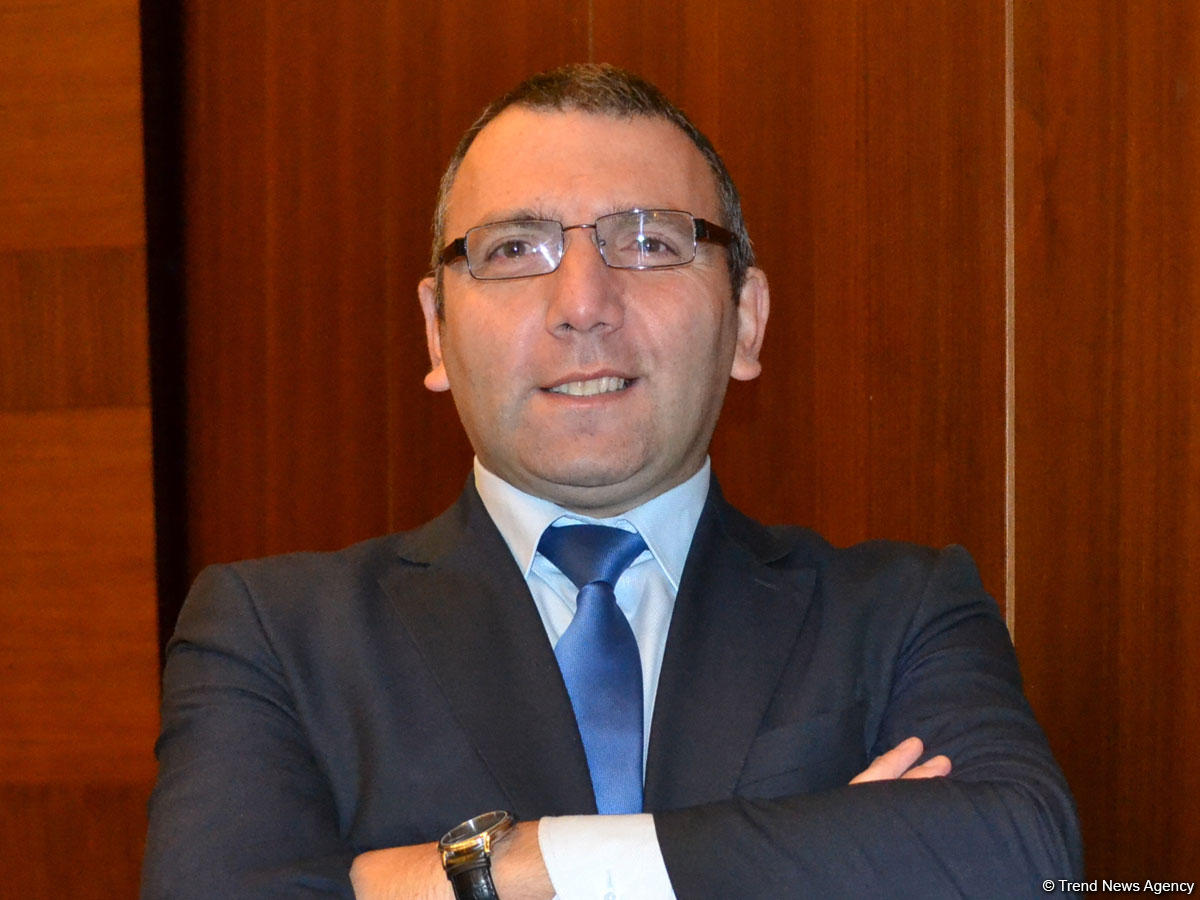Baku, Azerbaijan, Dec. 23
By Anakhanum Hidayatova – Trend:
The year 2016 – which is coming to an end – has been successful for foreign policy of Azerbaijan, Arye Gut, Israeli expert on international relations, told Trend Dec. 23.
Gut, who is also chief of the Israel branch of Baku International Multiculturalism Centre (BIMC), said that Baku carries out quite pragmatic foreign policy, which is based on the national interests of the country.
“Azerbaijan was able to establish very good relations with the regional states, with Russia, Turkey and Iran,” Gut said.
He said that the historic visit of Israeli Prime Minister Benjamin Netanyahu to Azerbaijan took place this year and this once again confirms the importance of cooperation between Israel and Azerbaijan.
Gut added that this year may also be considered successful in the context of the settlement of the Nagorno-Karabakh conflict.
“April of 2016 saw a serious clash between Armenian and Azerbaijani troops, and the Azerbaijani army responded with a counterattack with the use of a lot of Israeli technological innovations,” Gut noted.
“The military clashes in April showed that Azerbaijan is not the country it was in the 90s of the last century,” he added. “Today, Azerbaijan is ready to liberate its occupied territories. Baku will never agree with the status quo and doesn’t recognize the creation of a second Armenian state in the South Caucasus.”
The expert added that the key to the solution of the Nagorno-Karabakh conflict is not in Yerevan, but in Moscow.
“The recent events in April this year showed that Russia is well aware what country it must deal with,” Gut said. “Azerbaijan is a very important economic and industrial partner for Russia. Moscow only invests money in Armenia, and actually gets nothing in return.”
On the night of April 2, all the frontier positions of Azerbaijan were subjected to heavy fire from the Armenian side, which used large-caliber weapons, mortars and grenade launchers. The firing resulted in deaths and injuries among the Azerbaijani population.
Azerbaijan responded with a counterattack, which led to liberation of several strategic heights and settlements.
Military operations were stopped on the line of contact between Azerbaijani and Armenian armies on Apr. 5 at 12:00 (UTC/GMT + 4) with the consent of the sides, Azerbaijan's Defense Ministry had said.
The conflict between the two South Caucasus countries began in 1988 when Armenia made territorial claims against Azerbaijan. As a result of the ensuing war, in 1992 Armenian armed forces occupied 20 percent of Azerbaijan, including the Nagorno-Karabakh region and seven surrounding districts.
The 1994 ceasefire agreement was followed by peace negotiations.
Armenia has not yet implemented four UN Security Council resolutions on withdrawal of its armed forces from the Nagorno-Karabakh and the surrounding districts.
---
Follow the author on Twitter: @Anahanum






